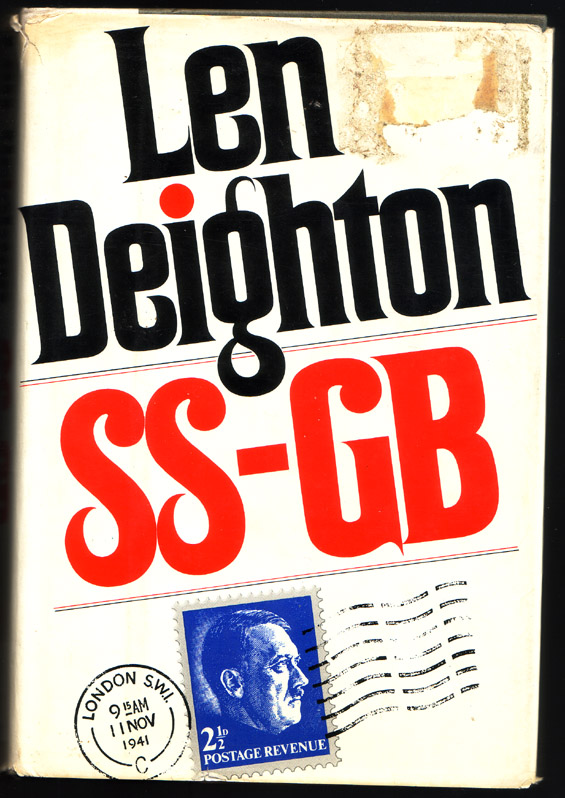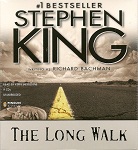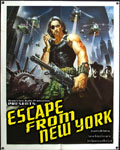
 The SFFaudio Podcast #097 – Scott and Jesse talk with Luke Burrage about about two short stories: The Garden Of Forking Paths by Jorge Luis Borges |ETEXT| and Fair Game by Philip K. Dick |ETEXT|. The audiobook edition of The Garden Of Forking Paths can be found in the Penguin Audio audiobook Jorge Luis Borges: Collected Fictions.
The SFFaudio Podcast #097 – Scott and Jesse talk with Luke Burrage about about two short stories: The Garden Of Forking Paths by Jorge Luis Borges |ETEXT| and Fair Game by Philip K. Dick |ETEXT|. The audiobook edition of The Garden Of Forking Paths can be found in the Penguin Audio audiobook Jorge Luis Borges: Collected Fictions.
Talked about on today’s show:
The virtues of short stories, metafiction, Fair Game by Philip K. Dick, If magazine, Anthony Boucher, The Garden Of Forking Paths, Ellery Queen Mystery Magazine, espionage, fantasy, alternate history, WWI, “start the scene as close to the action as possible”, labyrinth, recursion, the Wikipedia entry on The Garden Of Forking Paths, choose your own adventure, parallel worlds, The Hitchhiker’s Guide To The Galaxy, the Necronomicon, H.P. Lovecraft, “The Garden of Forking Paths is an incomplete, but not false, image of the universe as Ts’ui Pên conceived it.”, why doesn’t Luke review short stories on SFBRP?, Eifelheim by Michael Flynn |READ OUR REVIEW|, The Merchant And The Alchemist’s Gate by Ted Chiang, Gene Wolfe, The Book Of The New Sun, Labyrinths: Selected Stories And Other Writings by Jorge Louis Borges, A Solar Labyrinth by Gene Wolfe, “dense as in wonderfully deep”, Penguin Audio, Collected Fictions by Jorge Louis Borges, how are Fair Game and The Garden Of Forking Paths connected?, “how you read a story matters to your understanding of a story”, Professor Anthony Douglas, “An immense eye gazed into the room, studying him.”, The Twilight Zone, “The damn thing was looking at me. It was me it was studying.” Douglas’s voice rose hysterically. “How do you think I feel — scrutinized by an eye as big as a piano! My God, if I weren’t so well integrated, I’d be out of my mind!”, Colorado, “we are the face in the sky staring down at this paper”, physics, the observer effect, the wave function collapses, Schrödinger’s cat,
“What is Doug? About the best nuclear physicist in the world. Working on top-secret projects in nuclear fission. Advanced research. The Government is underwriting everything Bryant College is doing because Douglas is here.”
“So?”
“They want him because of his ability. Because he knows things. Because of their size-relationship to this universe, they can subject our lives to as careful a scrutiny as we maintain in the biology labs of — well, of a culture of Sarcina Pulmonum. But that doesn’t mean they’re culturally advanced over us.”
“Of course!” Pete Berg exclaimed. “They want Doug for his knowledge. They want to pirate him off and make use of his mind for their own cultures.”
“Parasites!” Jean gasped. “They must have always depended on us. Don’t you see? Men in the past who have disappeared, spirited off by these creatures.” She shivered. “They probably regard us as some sort of testing ground, where techniques and knowledge are painfully developed — for their benefit.”
big brother, 1984, “money and sex and food”, To Serve Man by Damon Knight, Fredric Brown, Space by James A. Michener, Apollo 18, payoff first – ironic twist next, Dick vs. Borges, is Dick cynical?, mountains and religion, the atmosphere is an ocean of air around the Earth, “Colorado is the shallows in the Earth.”, what does ample mean?, science fiction, “Ts’ui Pên was a brilliant novelist, but he was also a man of letters who doubtless did not consider himself a mere novelist.”, is Dick taking the piss?, high-minded Science Fiction, what is the significance of the title Fair Game?, this is not a podcast for people aren’t going to read the books, “I think Philip K. Dick bases all of his stories on his own life.”, Upon The Dull Earth by Philip K. Dick, Luke’s novels, is Luke as clever as PKD and Borges?

Burrage:
Posted by Jesse Willis







